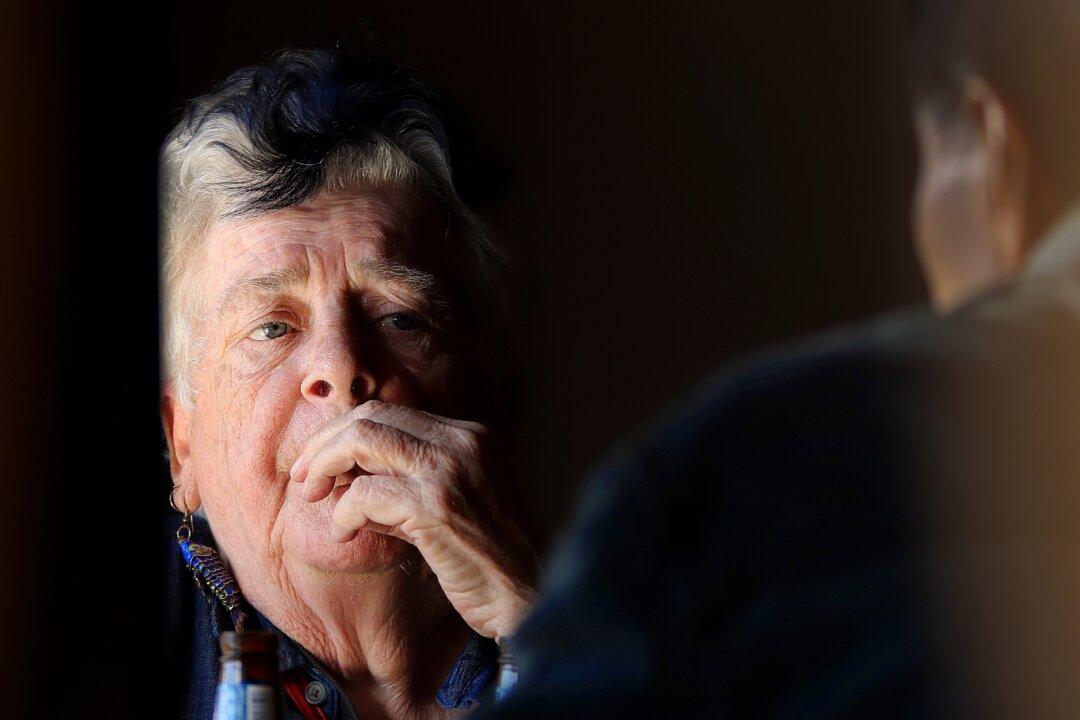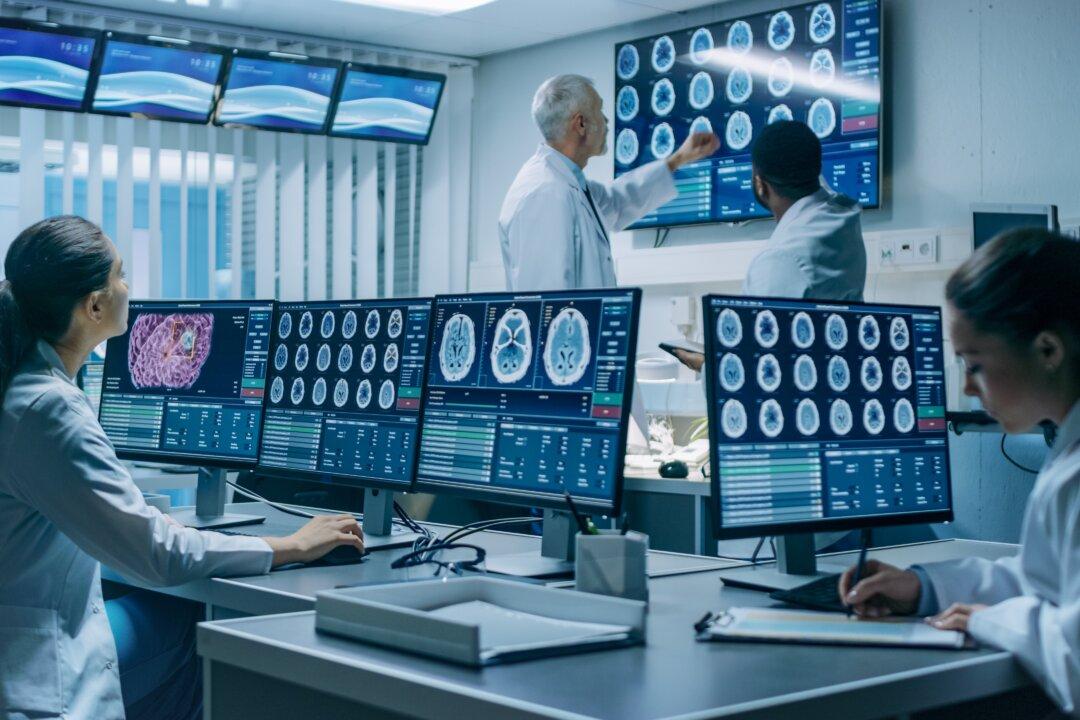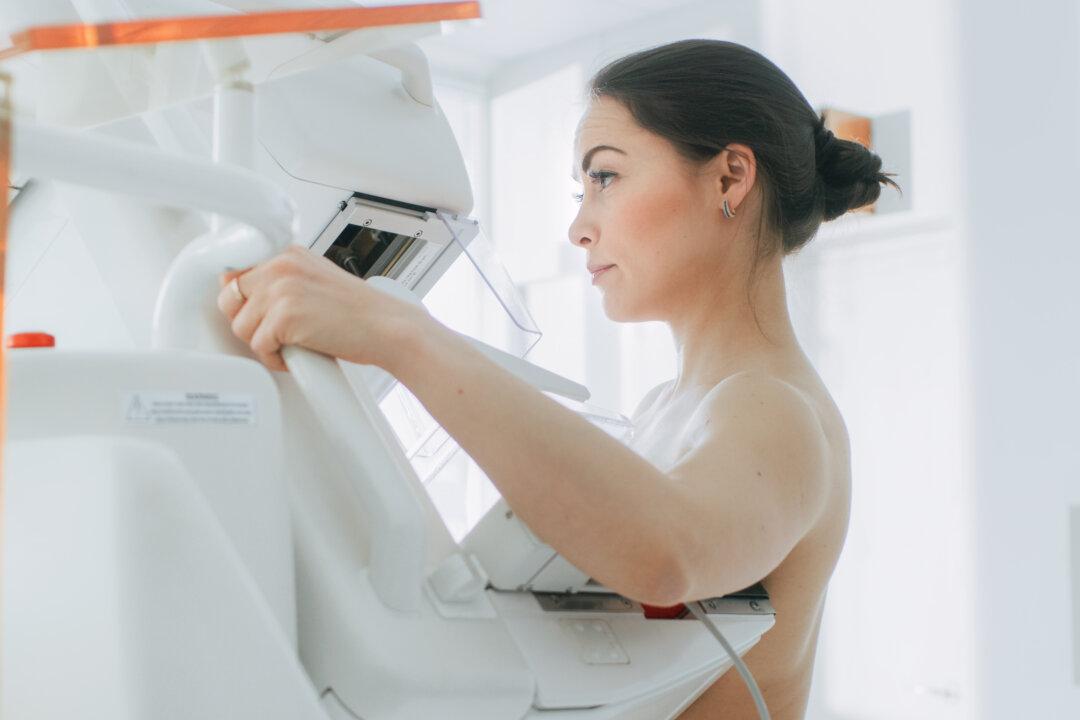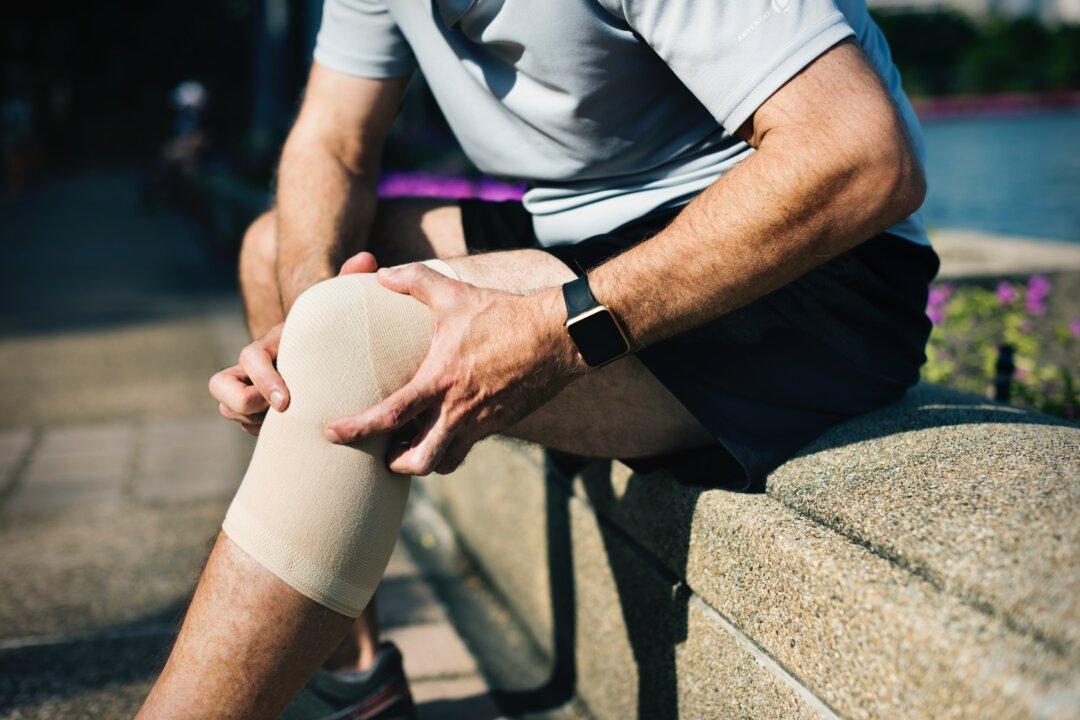Elena Altemus is 89 and has dementia. She often forgets her children’s names, and sometimes can’t recall whether she lives in Maryland or Italy.
Yet Elena, who entered a nursing home in November, was screened for breast cancer as recently as this summer. “If the screening is not too invasive, why not?” asked her daughter, Dorothy Altemus. “I want her to have the best quality of life possible.”





